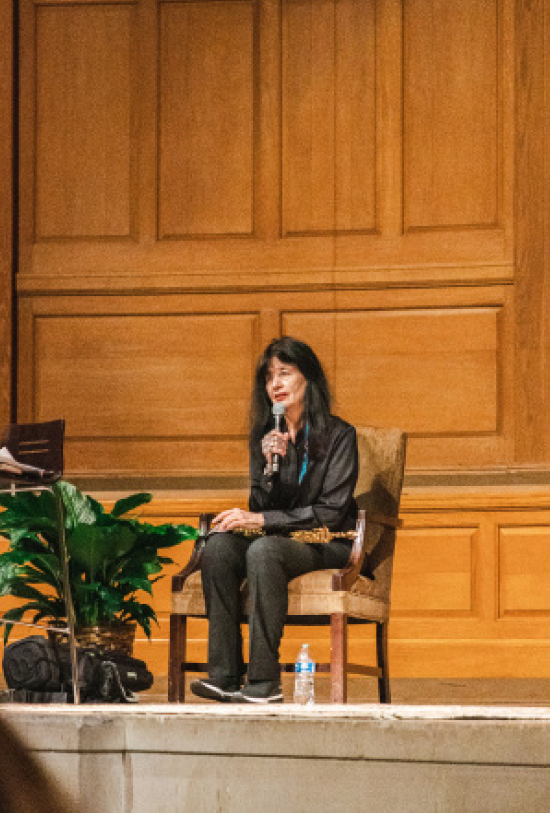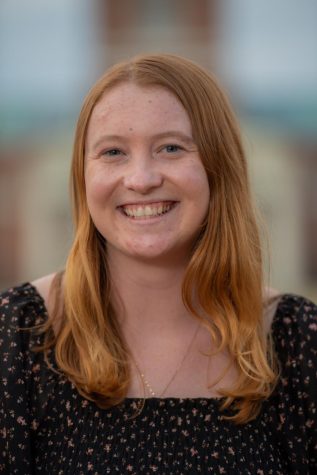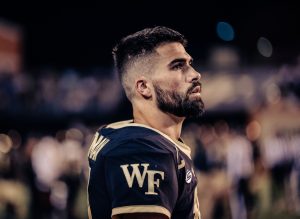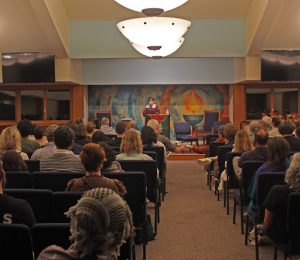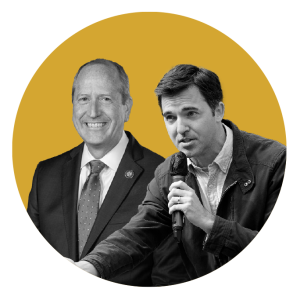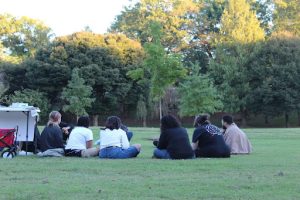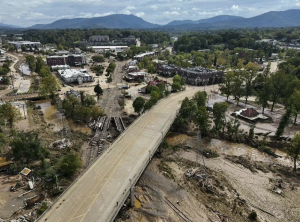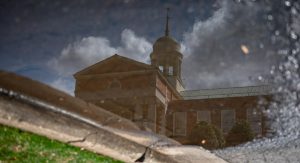U.S. Poet Laureate visits Wake Forest
Joy Harjo, the 23rd U.S. Poet Laureate, performed at Wait Chapel on Jan. 26
Harjo, citizen of the Muscogee (Creek) Nation, is the first Native American to serve as U.S. Poet Laureate.
January 28, 2022
U.S. Poet Laureate Joy Harjo visited Wake Forest University on Jan. 25-27. She led students in a three-day interdisciplinary writing workshop and gave a public poetry performance in Wait Chapel at 7 p.m. on Wednesday, Jan. 26.
Harjo was appointed as the 23rd U.S. Poet Laureate in 2019. She is a citizen of the Muscogee (Creek) Nation and is the first Native American to hold the position of U.S. Poet Laureate. Additionally, she is only the second person to ever serve three terms in the role.
Harjo has written nine books of poetry and two memoirs, and she has edited several anthologies of Native American writing.
She is a highly decorated and accomplished writer as she has received several awards including the Ruth Lilly Prize from the Poetry Foundation, the 2015 Wallace Stevens Award from the Academy of American Poets and two awards from the Poetry Society of America. She is also a chancellor of the Academy of American Poets and holds a Tulsa Artist Fellowship.
Several campus partners from a wide variety of disciplines collaborated to host Harjo, including the Environment and Sustainability Program and the Department for the Study of Religions.
Dr. Lucas Johnston, Associate Professor of Religion and Environment, believes Harjo’s visit to campus will provide a learning experience that is quintessential to Wake Forest’s educational goals.
“If at Wake Forest what we are doing is educating the whole person for the greater good of society, as our motto, Pro Humanitate, suggests, then this is the confluence of all the things that we think about when it comes to that,” Johnston said.
He continued: “Being able to learn from her, whether in the context of the writing workshop or the public lecture, offers a unique educational perspective. She’s a person from a marginalized and traditionally disenfranchised community that has become a leader in both feminist circles and Native American advocacy circles.”
Johnston believes that, from Harjo, students will be able to hear a perspective that has traditionally been overlooked or purposefully silenced.
“She provides a different perspective on our preconceived notions of the American dream,” Johnston said. “Hearing from her is a once in a lifetime opportunity.”


